More and more often you hear the words “alternative fuel.” While gas still reigns king, the different alternative fuel types make it easier for drivers to make a move away from gas while still moving down the road.
But, what are the different type of alternative fuel types? And what does it take to convert a gas-consuming car to handle something like biodiesels or hydrogen?
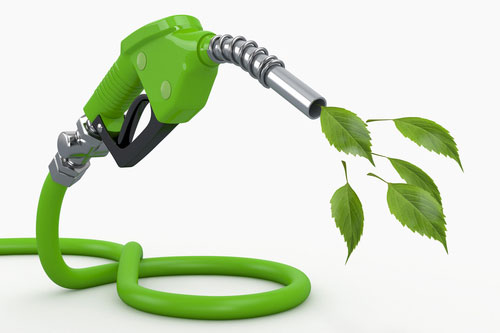
Seven Different Alternative Fuel Types
There isn’t just one. When looking for non-gas fuels, drivers have options.
Biodiesel
Who knew, animal fats and vegetable oils do more than just help you cook, they get your car moving too.
And it doesn’t have to be their first use. Oils and fats recycled from restaurants can be used as well.
So, how does it work? The same as gas cars — combustion. In fact, unmodified vehicles can use a combination of petroleum and biodiesels (after checking with your car manufacturer of course). While fully converted cars can use pure biodiesel.
However, while great for the environment due to its ability to biodegrade and reduce air pollutants, it has minimal production and availability making it hard to come by.
Electricity
Perhaps the most widely recognized alternative to gasoline-powered vehicles, electric cars are broken into two different categories.
Battery-Powered Vehicles
This is the traditional idea of electric vehicles. Using a battery, cars gain power and recharge by plugging into a standard electrical source — an outlet.
Fuel-Cell Vehicles
Fuel-cell powered vehicles fully on electricity as well. But instead of standard electrical sources, it produces electricity through electrochemical reactions by combining hydrogen and oxygen.
Currently, electric vehicles are the greenest option for powering cars.
However, you do trade some power to be more environmentally friendly. To date, there is not a great electric farm truck option.
Ethanol
Corn, barley, and wheat — and no we aren’t talking about the liquor making process.
Ethanol, made by fermenting crops, does not operate as a stand-alone product like other alternative fuels. Instead, combining ethanol with gas improves emissions and increase the octane levels. In fact, you may have noticed the majority of gas stations now have signs saying: “This contains __% ethanol” as its common practice to add ethanol to gas.
Hydrogen
Like ethanol, hydrogen is not a stand-alone alternative fuel. Instead, combined with natural gas creates a usable fuel for cars with specific internal combustion engines.
Also, hydrogen can also be usable in vehicles that run on petrochemical reactions from hydrogen and oxygen reactions produced using electricity.
In short, Hydrogen isn’t for everyone.
While it has the benefit of no emissions (when used with oxygen instead of natural gas), the cost and need to for specifically designed engines make this fuel option rarer than its alternative fuel counterparts.
Methanol
While an established alternative fuel, methanol is on its way out.
Created to use an M85 blend of 85% methanol and 15% gasoline, methanol blends work with flexible fuel vehicles. However, automakers have ended production on methanol-powered cars.
So, why are we discussing it? Because it has a potentially bright future. Possibly, methanol could become a hydrogen source needed for fuel-cell vehicles.
Natural Gases
Readily available and already providing power and heat to a significant number of homes in the United States, natural gas offers an alternative to gasoline.
In addition to its availability, cars and trucks converted to combust natural gas reduces emissions and lower fuel costs. However, the problem comes with the productions as Natural Gas production emits methane, which is vastly worse than the typical CO2 emissions of gasoline.
Propane
A byproduct of natural gas and crude oil, propane is used for plenty of things — grilling, heating, and now powering your car.
Like most other alternative fuel types, propane produces fewer emissions than gasoline and has the added benefit of established production, transportation and storage methods.
Converting Your Car to Run on Alternative Fuels
While some alternative fuels can work with conventional engines as they are used in combination with gasoline, not all alternative fuels are usable with traditional drivers.
Luckily, that doesn’t mean a total engine replacement; it just means some tweaks (unless you want to go full electric).
With every engine running differently, it’s important to check with your manufacturer and local auto shop before tackling a conversion project.
The simple fact is most places are already using small amounts of alternative fuels, like ethanol at the gas pumps. While great for emissions, not every vehicle works with every alternative fuel type.
Have questions about alternative fuel types? Interested in what you would need to “go green” with your fuel choices? Contact Northwest Auto Center of Houston today at 281-894-8880.

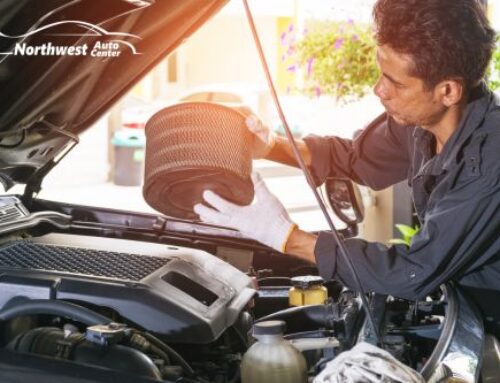
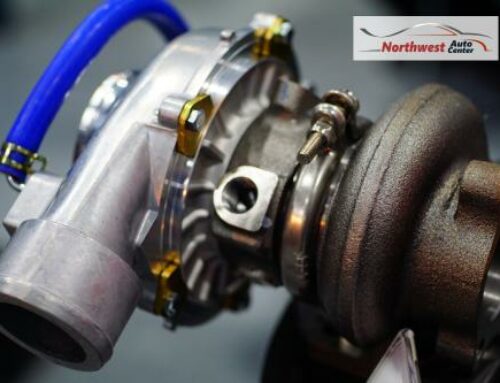
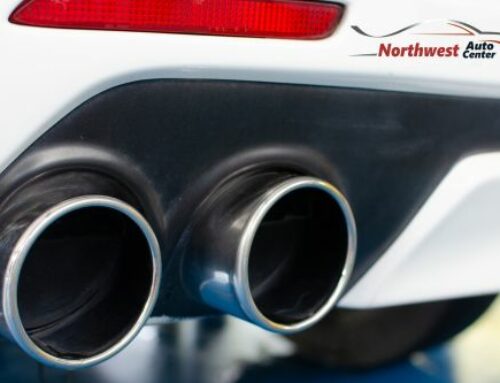

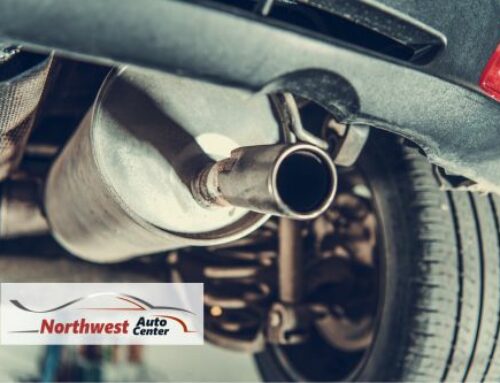
Leave A Comment
You must be logged in to post a comment.